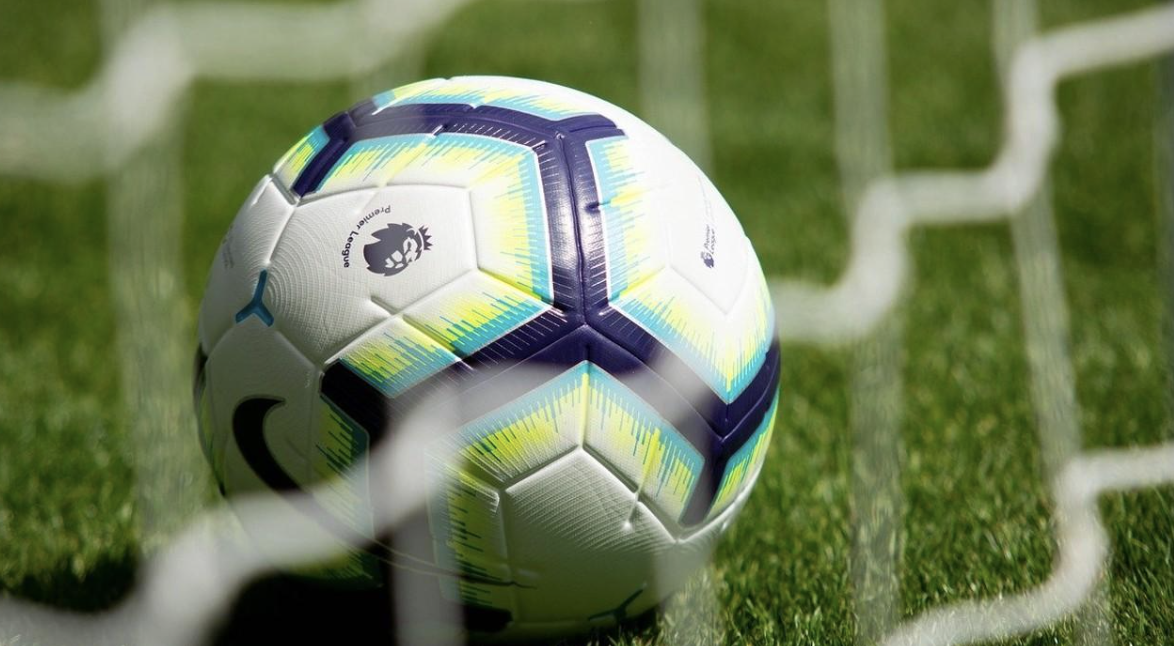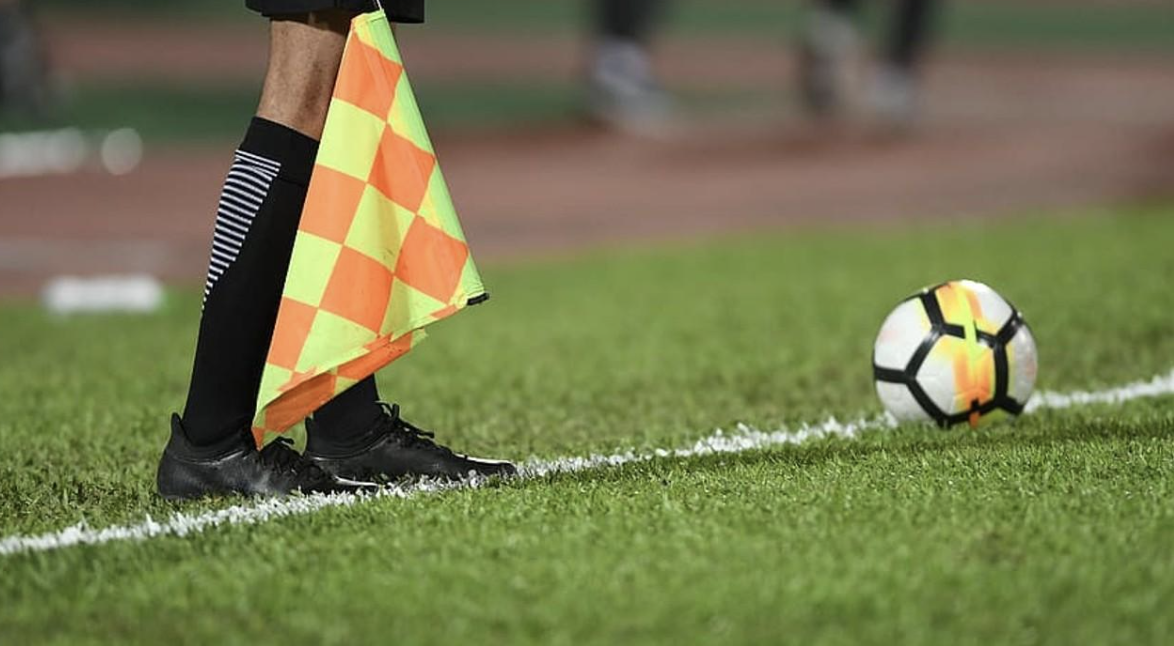Now Reading: Combine Your Passion for Law and Sports
-
01
Combine Your Passion for Law and Sports

Combine Your Passion for Law and Sports
After a dramatic Women’s World Cup final, professional sports is back in the news. Spain defeated England by a single goal to become queens of soccer, cheered on by thousands inside the stadium and millions more watching worldwide. The final will leave a legacy for young female athletes, encouraging new players at every level, from the youth to professional ranks.
A summer of sport keeps producing, and the English Premier League is back on our screens while football lovers look forward to the start of the 2023 NFL regular season. You can read big-match previews, watch the games on TV and live-streaming apps and make predictions at the best sportsbooks. Will Manchester City defend the EPL, and do you expect the Buffalo Bills to realize their potential finally? Modern sport is immersive, inclusive, and more accessible than ever before.
Which is your favorite sports competition and team? Do you enjoy the NFL’s cut-and-thrust or the NBA’s unpredictability? Would you like to get closer to the action and become part of your favorite team’s journey to the top? In the past, being a professional player was the only way to sample life at the top teams, but that’s no longer the case.
Sports law could be the answer
Many routes into sports exist, including through writing content, promoting affiliates, or working in sports law. The latter is the focus of this article. If you have a background in law, performing at major firms, and building experience, you can combine your skills for the industry with a passion for football and basketball. Sports law is essential to ensuring teams operate responsibly. Teams and organizations are always looking for fresh talent.
Sports law is for more than just experienced lawyers with time and knowledge to spare. Yes, the industry attracts many established names from the law sector who want to give something back to sports, bringing their qualifications and experience to the table. Many top sports lawyers work as advisors, called into action when needed. But working in sports law is also a viable career path for graduates.
With players moving clubs in multi-million dollar deals and disputes over contracts raging between players and their employers through an appointed agent, the law is more important than ever. The best sports lawyers deal with players, coaches, and TV broadcasters. It’s one of the most hands-on jobs in professional sports and takes a genuine all-rounder to be successful.
You must understand sports, be comfortable working with people from all backgrounds, and boast a bottomless pit of knowledge. If that sounds like you, keep reading. This article explains your options and possible next move to gaining a career in sports law.
Sports law explained
Let’s look at the finer points of sports law and start with a surprising revelation. Despite what universities and colleges may tell you, there’s no such thing as sports law. It’s an area you can now study, but most sports law certificates and qualifications are new. They’ve not been around long enough to produce enough professionals who have left education and gone into working in sports.
Instead, sports law is a collection of disciplines from law. If you have a degree in law and experience, you can work in sports. The industry doesn’t have many unique features, and if you worked in criminal law, for example, you could quickly move to operate within sports. There are some exceptions to the rules, of course. For example, sports is likely the only area you’ll work on anti-doping rules, operating with enforcers like the World Anti-Doping Agency, commonly known as WADA.
Professional athletes and their employers require legal advice and assistance almost daily. Sports offer law professionals many options, from contracts to sponsorship deals and safe working conditions. But you must be willing to roll up your sleeves and get your hands dirty.
Those who have worked in professional sports have commented that it can crush enthusiasm for a team or player. Things change when crossing the divide between being a fan and an essential employee. Like those who work in movies and can’t unsee the production process when watching a blockbuster, offering legal advice to a sports star could wreck your enjoyment of sports as a fan.
What’s required
Now that we know there’s no one path into sports law let’s investigate what’s required to secure a job in the sector. Where you fit into sports depends on the area of law you studied and practiced.
If you have a background as an employment lawyer, you’ll likely work with contracts, negotiating new deals, and terminating offers. You may also compile reports on which approaches worked when signing a new player and which were unsuccessful, causing the player to join another team instead. Clubs want to ensure they get their primary targets, and your knowledge could help them achieve that.
If you’re a corporate lawyer, you may be employed on a short-term basis to help out of administration by finding a new buyer and limiting the damage done and punishments served by the league body. All areas will keep you from the field of play but are heavily involved in the background.
If you love the excitement of working in sports without the attention that usually accompanies it, sports law could provide a fulfilling career path. All the perfects and high wages without being stopped in the street. Few fans want a selfie with their club’s legal team.
What can you expect to earn in sports? You won’t be on the same wages as the players and coaches, but you won’t be short of cash either. When working with big-name clubs on huge deals, you’ll be well-paid for your services while enjoying the team’s hospitality.
How to get started
Ready to dive in? First, identify the area of sports you want to work in, such as employee contracts, sponsorship, or anti-doping. If you’re a big name in your field, you can offer your services freelance, while graduates may wish to seek full-time employment with a team.











